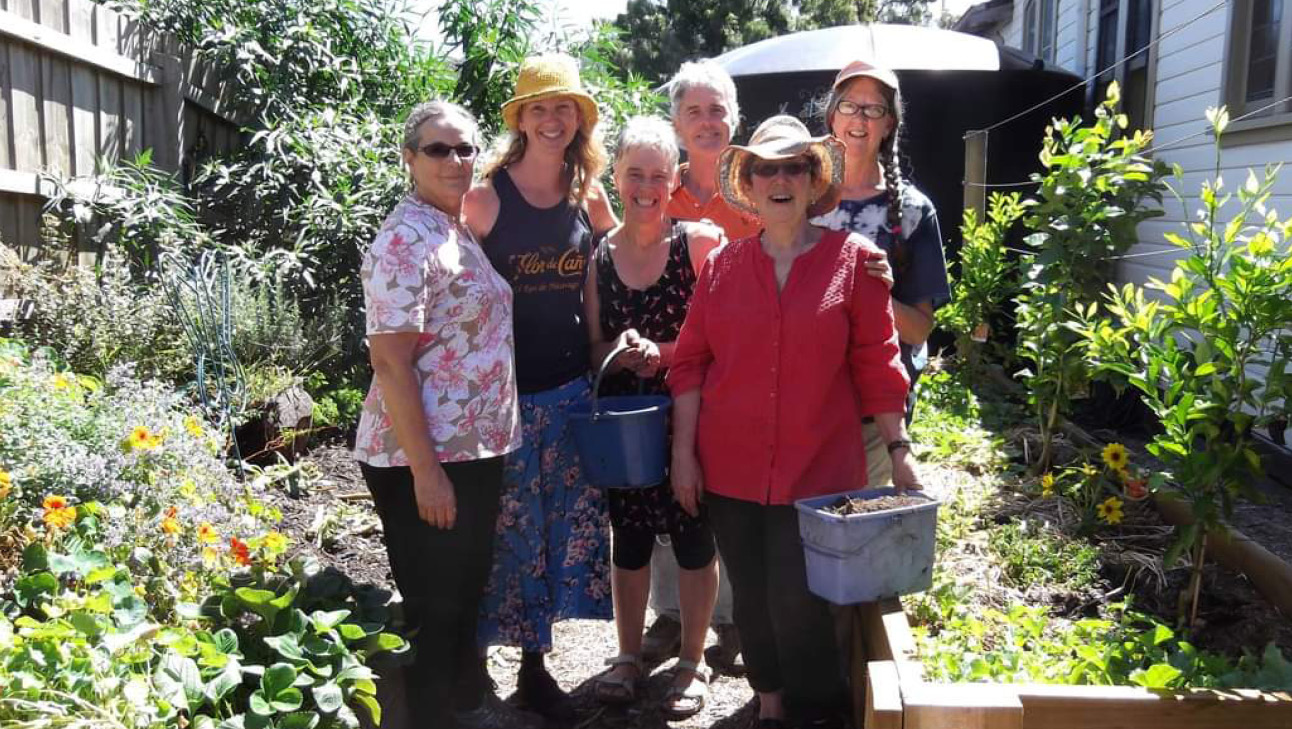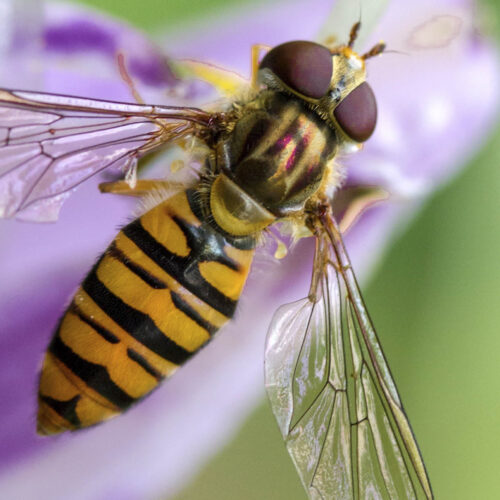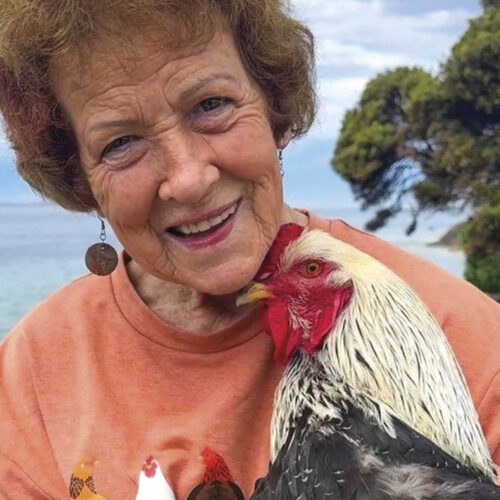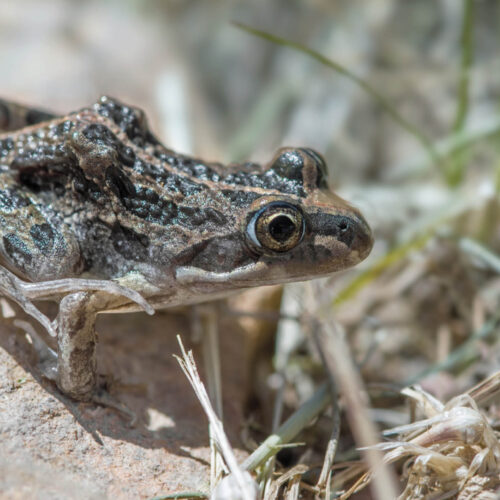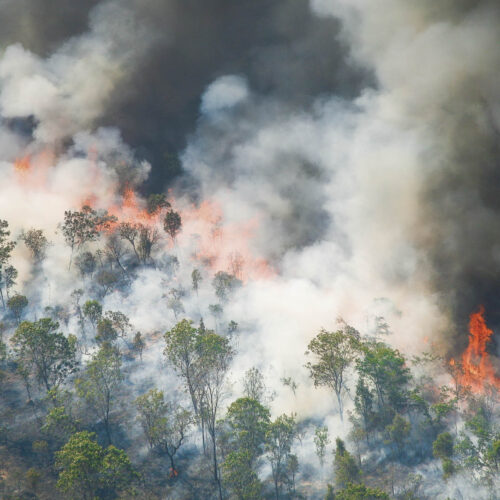Sharing gardening knowledge – and food
2021-08-17T00:24:02+10:00
A community food project in Victoria is all about learning to grow food and sharing it with the locals.
Located 35 kilometres east of Melbourne, is a gardener’s paradise set amongst the Dandenong Ranges. A cool climate region known for its temperate rainforests, rich soils, abundant wildlife and local produce, this area is the perfect place to share the joy of growing plants and vegies. The Hills Food Frontier (THFF) has created the perfect place for such things with the FLAME community garden, complete with food forest, worm farm and a cupboard of food for those in need.
THFF, run entirely by volunteers, sprang up in 2014 following a bid to run Jamie Oliver’s Kitchen Garden Program in the local area.
“We wanted to provide education and really increase resilience in the hills food supply,” explains committee member, Jasmin Gilbert.
“We also wanted to increase people’s knowledge about good food, what’s involved in growing good food and where we can access good food in the hills.”
While the bid for the Jamie Oliver program was ultimately unsuccessful, it provided a tipping point for likeminded locals to get together and do great things around promoting food security and reducing waste.
Since COVID, a fall in the number of volunteers has meant that THFF has had to put a hold on some of their larger projects, but the FLAME community garden and food cupboard continues to thrive.
Community collaboration
The FLAME Community Garden is run in collaboration with Tecoma Uniting Church and is the beating heart of THFF.
“After the Jamie Oliver competition, there was that momentum to do something good,” THFF committee member Angie Lalor says.
“The garden started off with some wicking beds. Around the side of the church we converted this unused patch of yard into a food forest to attract pollinating animals to the area.”
The garden has been built with love and great attention to detail – from the crocheted display on the garden fence to the carefully espaliered fruit trees, raised beds, medicinal herbs and the collection of pollinator-attracting plants.
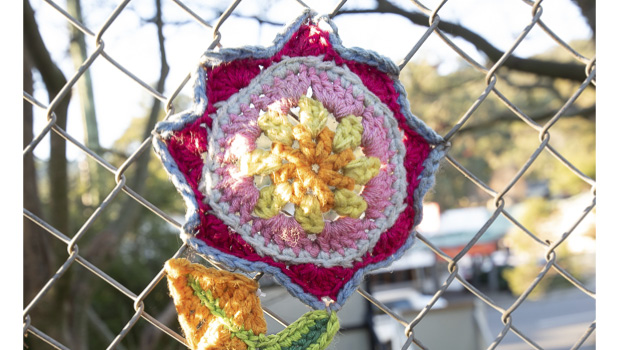
THFF will continue to grow their community composting project, encouraging locals to bring in their compost, which will feed the garden. The produce from the garden will then feed those in need within the community.
“We’re passionate about community engagement,” Jasmin says.
Enough food to share
Much of the food produced in the FLAME community garden is grown for Food is Free Tecoma, which is set-up on the verandah of the Tecoma Uniting Church and open 24 hours a day.
As well as produce straight from the garden, the cupboard offers everything from cans and dry pasta through to homemade meals, left frozen in the freezer. Updates on the cupboard – including call-outs when particular supplies get low – are put up on the Food is Free Tecoma Facebook page. The ethos of the Food is Free cupboard is simple – take what you need, leave what you don’t, share what you have with love. The Food is Free cupboard has quickly become a focal point for the local community, with multiple people both donating and accessing supplies each day
Working together
Over the years, THFF has run many regular events, from working bees and designated gardening time at FLAME, through to providing education to local school students. The group has also run regular workshops for the community on a variety of topics related to food and sustainability.
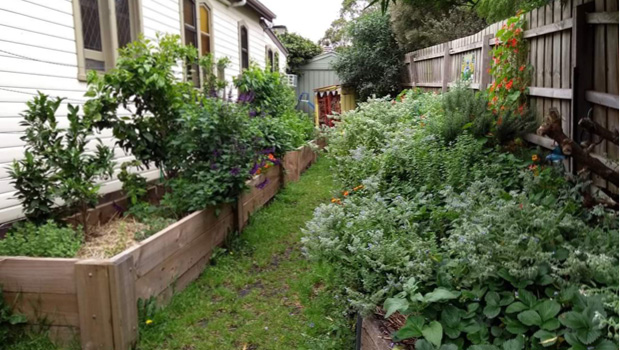
“We did one in 2019 on how to access good food and where the best places are to access the best vegetables,” Jasmin explains. Jasmin herself became involved in THFF after completing the Gardens for Harvest program – a program run in conjunction with THFF and local councils to equip residents with the skills to grow their own backyard fruit and vegetables.
Edible villages
Kallista is a picturesque Dandenong Ranges village surrounded by towering mountain ash and tree ferns. The long-term dream is to turn Kallista into an edible village. While THFF has had to take a step back from these plans for the time being, it’s an idea they hope will gain momentum so the hills are filled with edible villages.
“The basic idea is to have verge plantings and that real community feel. We want to make it an edible village so that you can walk around and harvest from the plants,” Angie says.
Many local businesses have come on board, including the Forestedge Permaculture Nursery, located on the main street.
“The group is about food, which is obviously so important, but when you start with food you end up touching on everything and getting back to local community and the environment,” Jasmin explains. “You start with food and it’s such a great way to bring in everything else.”
The Hills Food Frontier is always keen to connect with likeminded people. To find out more or to join the mailing list, visit thehillsfoodfrontier.org.au.

